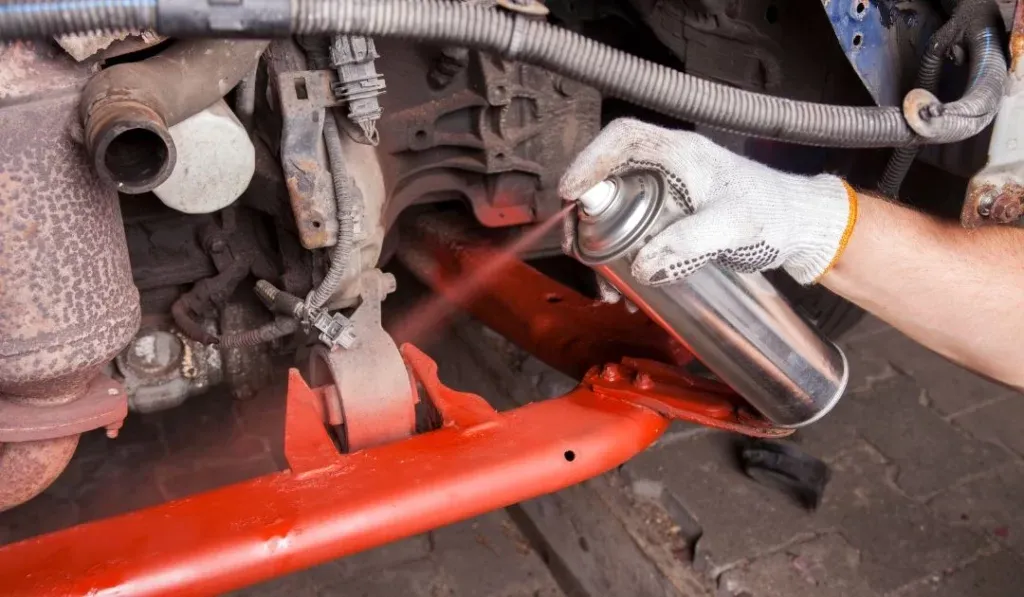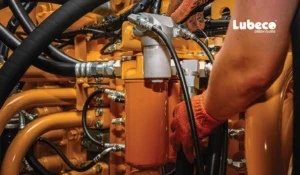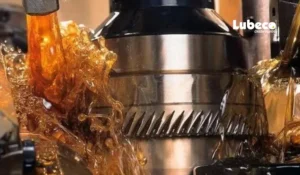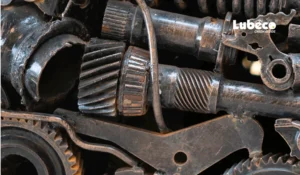Rust preventives play a crucial role in corrosion protection by inhibiting or minimizing the formation of rust on metal surfaces. Corrosion is a natural process that occurs when metals react with their environment, typically in the presence of oxygen and moisture. Rust, specifically, refers to the corrosion of iron and its alloys, such as steel.
Here are some key points regarding the importance and role of rust preventives in corrosion protection:
Prevention of rust formation: Rust preventives, as the name suggests, are designed to prevent the formation of rust on metal surfaces. They form a protective barrier between the metal and the corrosive elements in the environment, such as moisture, humidity, saltwater, and chemicals.
Extended equipment life: Rust can cause significant damage to metal structures and equipment. It weakens the structural integrity, reduces the lifespan, and leads to costly repairs or replacements. By using rust preventives, the life expectancy of metal components can be extended, saving time and money in the long run.
Maintenance and downtime reduction: Corrosion-related issues often require maintenance and downtime to repair or replace affected parts. By employing rust preventives, the frequency of maintenance and downtime can be significantly reduced, improving productivity and operational efficiency.
Enhanced performance and reliability: Rust formation can impair the performance and reliability of metal components, especially in critical applications. Rust preventives help maintain the intended functionality, performance, and reliability of equipment by preventing corrosion-related issues.
Versatile application: Rust preventives can be applied to various types of metals, including iron, steel, aluminum, copper, and their alloys. They can be used in a wide range of industries, such as automotive, aerospace, manufacturing, construction, marine, and more.
Types of rust preventives: Rust preventives are available in different forms, including oils, greases, coatings, and corrosion inhibitors. These formulations are selected based on the specific application, environment, and duration of protection required.
Proper application and maintenance: To ensure effective corrosion protection, it is essential to follow the manufacturer’s instructions for the application of rust preventives. Regular inspections, maintenance, and reapplication may be necessary to maintain the protective barrier over time.
Environmental protection: Rust preventives can contribute to environmental preservation by reducing the need for frequent replacement of metal components. This leads to a decrease in material consumption, energy usage, and waste generation associated with manufacturing and disposal processes.
Compatibility with other processes: Rust preventives are often designed to be compatible with other manufacturing processes, such as machining, welding, or painting. They can be formulated to allow subsequent operations without interfering with the quality or integrity of the metal surface.
Storage and transportation protection: Rust preventives are valuable for protecting metal parts during storage and transportation. They help safeguard components from the corrosive effects of humidity, temperature variations, and exposure to moisture during handling and shipping.
Temporary protection: Rust preventives can provide temporary protection for metal surfaces during assembly, storage, or seasonal shutdowns. They create a barrier that guards against corrosion until the parts or equipment are ready for use.
Specific application requirements: Different industries and applications have specific requirements for corrosion protection. Rust preventives can be tailored to meet these requirements, such as high-temperature resistance, long-term outdoor exposure, or compatibility with specific materials or substrates.
Ease of application: Rust preventives are generally easy to apply, either through spraying, brushing, dipping, or immersion processes. This ease of application enables efficient and consistent coverage of metal surfaces, ensuring comprehensive protection against corrosion.
Compatibility with various environments: Rust preventives can be formulated to provide protection in different environments, including indoor, outdoor, marine, and chemical-exposed environments. They are designed to withstand the specific challenges posed by these environments and effectively prevent rust formation.
Preventive maintenance strategy: Incorporating rust preventives into a preventive maintenance strategy can help identify and address potential corrosion issues before they escalate. Regular inspection and reapplication of rust preventives can aid in detecting early signs of corrosion and taking appropriate measures to mitigate its effects.
It is important to note that while rust preventives are highly effective in corrosion protection, they are not a permanent solution. Regular monitoring, maintenance, and reapplication are necessary to ensure continuous protection and address any potential corrosion that may occur over time.
By employing rust preventives as part of a comprehensive corrosion management plan, industries can minimize the impact of corrosion on their assets, enhance safety, reduce costs, and improve the overall reliability and performance of metal components.









